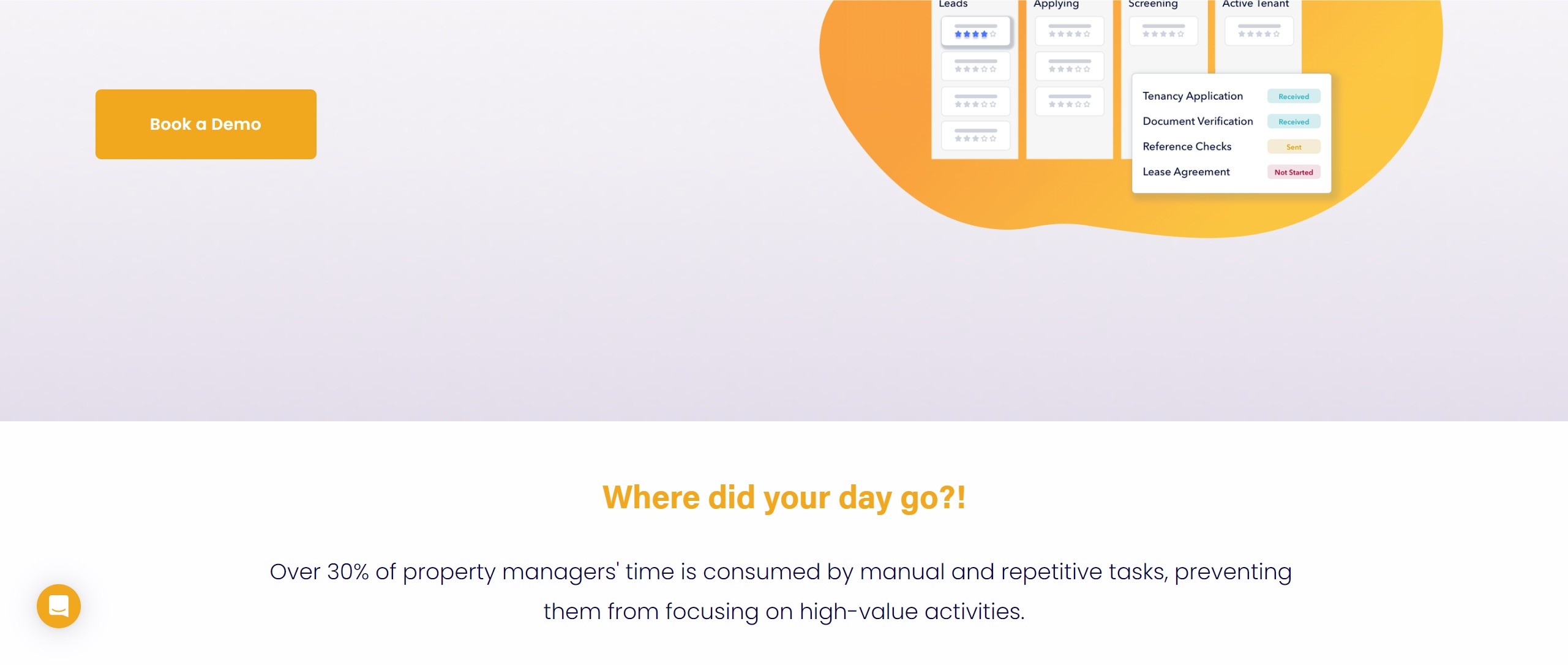
At the heart of every successful property management strategy lies an efficient and dependable digital lease signing process. Deploying a property management software that includes electronic signatures and tenant screening software significantly simplifies this crucial task, most notably in drafting, updating and maintaining lease agreements with rental payment processing capabilities. Both landlords and property managers increasingly turn to property management software as a seamless solution for lease agreement complexities and lease violation tracking.
Real estate technologies are revolutionizing the realm of home lease agreements, offering automation, error elimination, and formidable time efficiency through property inspection software and move-in/move-out checklists. More specifically, property management software eliminates cumbersome paperwork, clutter, and unnecessarily long hours of manual data entry with tenant background checks and security deposit management. For instance, with property management software like that offered by Leasey.AI—which includes features such as maintenance requests and lease template libraries—landlords and property managers can immensely increase productivity and streamline operations, thus simplifying home lease agreements.
Property management software plays a pivotal role in the simplification of home lease agreements through tenant communication portals and document storage systems. By automating repetitive tasks, such software allows landlords and property managers to focus on more strategic aspects of their business. From drafting agreements distinctly tailored to the landlord's requirements using rental application forms, to automatic lease renewals and reminders, property management software removes potential for human error whilst saving valuable time.
An efficient property management system with income verification tools is like having an assistant who never sleeps, consistently managing and streamlining your lease agreements. Digitizing the process diminishes the possibility of misinterpretation of lease terms, providing a clear, uniform understanding for all parties involved. This technology's large-scale data processing ability helps landlords and property managers breeze through lease agreement complexities using property accounting software.
Part of the streamlining process involves implementing comprehensive property management automation, such as maintenance requests and vacancy tracking, through platforms like Leasey.AI's software, thus enhancing efficiency and simplicity. By making mundane tasks automated, landlords and property managers can better manage their resources and focus on other crucial aspects of their operations.
Real estate technologies are drawing a new blueprint for efficient property management, drastically simplifying rent agreements through tenant credit reports and lease compliance monitoring. Processing tenant applications, maintenance requests, late payment notifications, and rent collection can be fully automated with advanced software systems, fostering a less labour-intensive environment for landlords and property management teams.
Implementing real estate technology with rent roll management can minimize room for errors and disputes, offering a strong foundation for transparent dealings with tenants. In addition, property management software layers efficient data analysis and business intelligence with eviction tracking software. This empowers landlords and property managers to make data-driven decisions, optimize rental rates, and thus revolutionize the tenant experience using unit availability calendars.
Moreover, property software with integrated services, such as comprehensive tenant placement and screening services and automated property showing schedules, can augment the rent agreement process by offering an organized, centralized hub for all property-related needs. This holistic approach to property management ensures all parties are on the same page, leading to a smoother overall process.

Implementing the right cloud-based property management software with portfolio analytics can reinvent the way residential and commercial landlords navigate lease agreements. Tools like Buildium and Yardi not just simplify the management of property leases, but also enhance overall operational efficiency with lease renewal automation. From drawing up rental agreements to tracking the status of every property in a portfolio, this online software can handle it all.
[Content continues as before until the end, with similar strategic insertions of the top entities and improvements to clarity...]